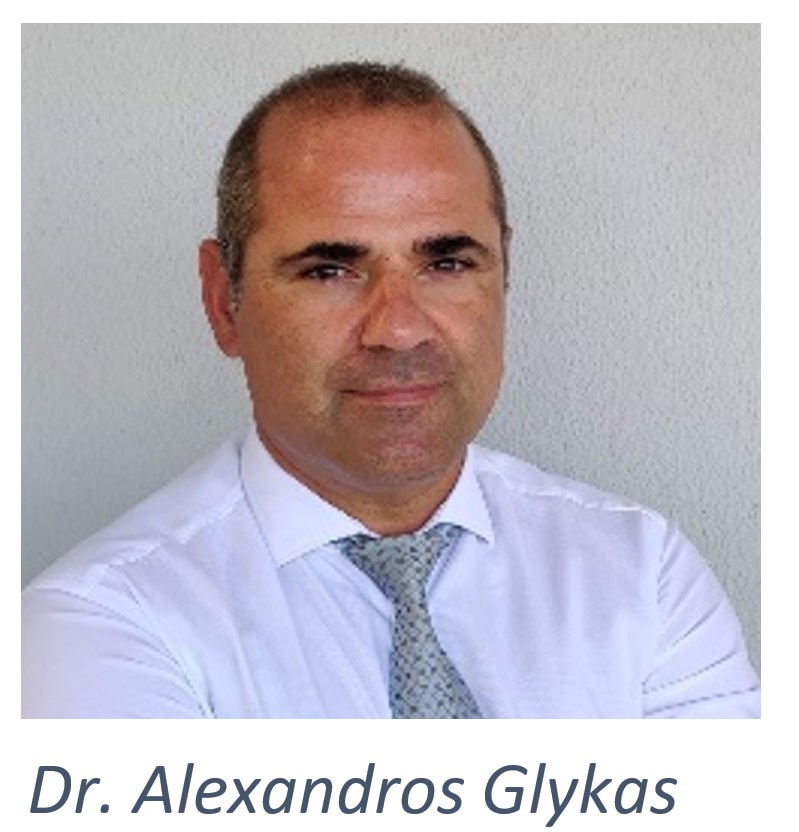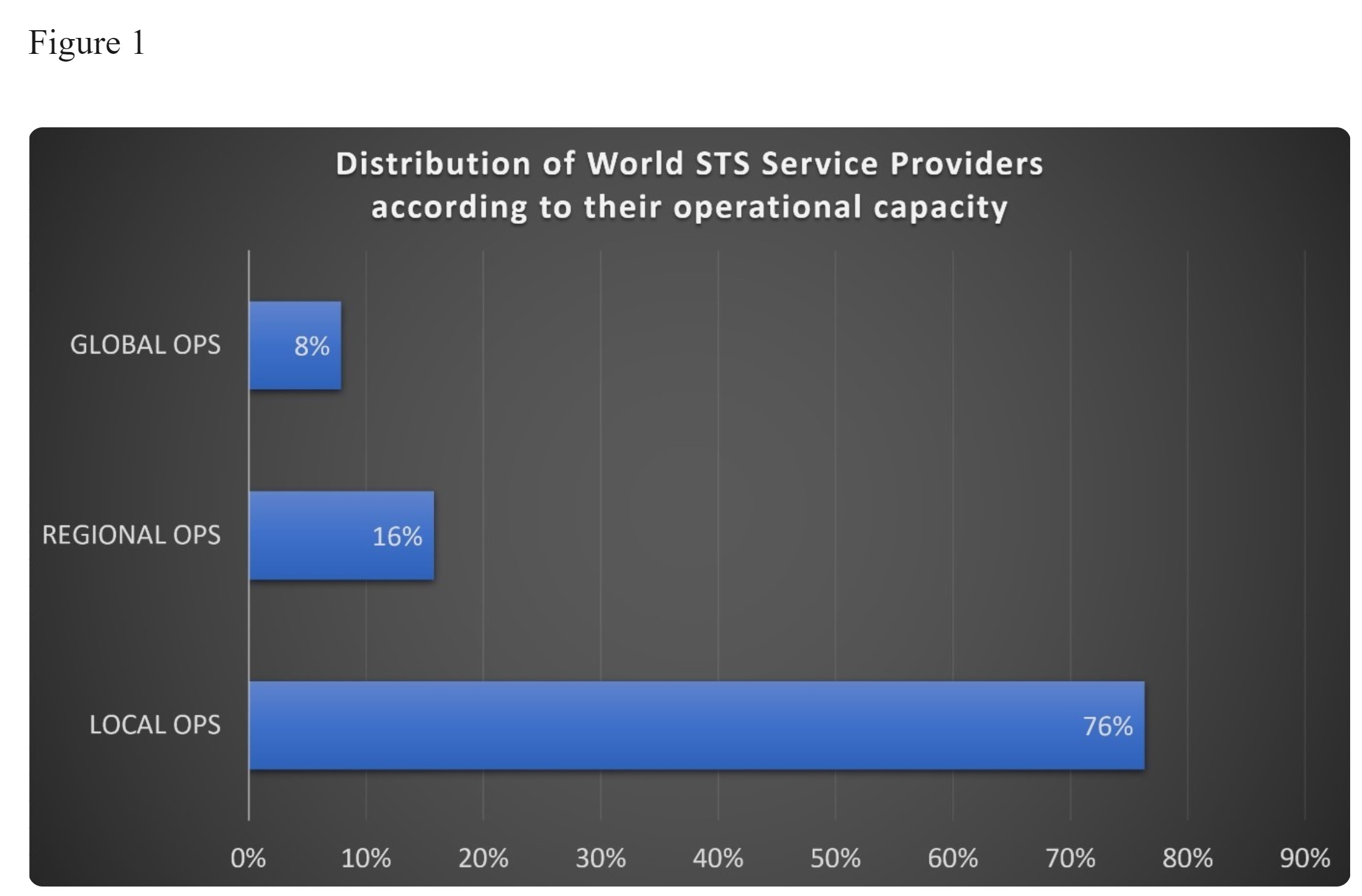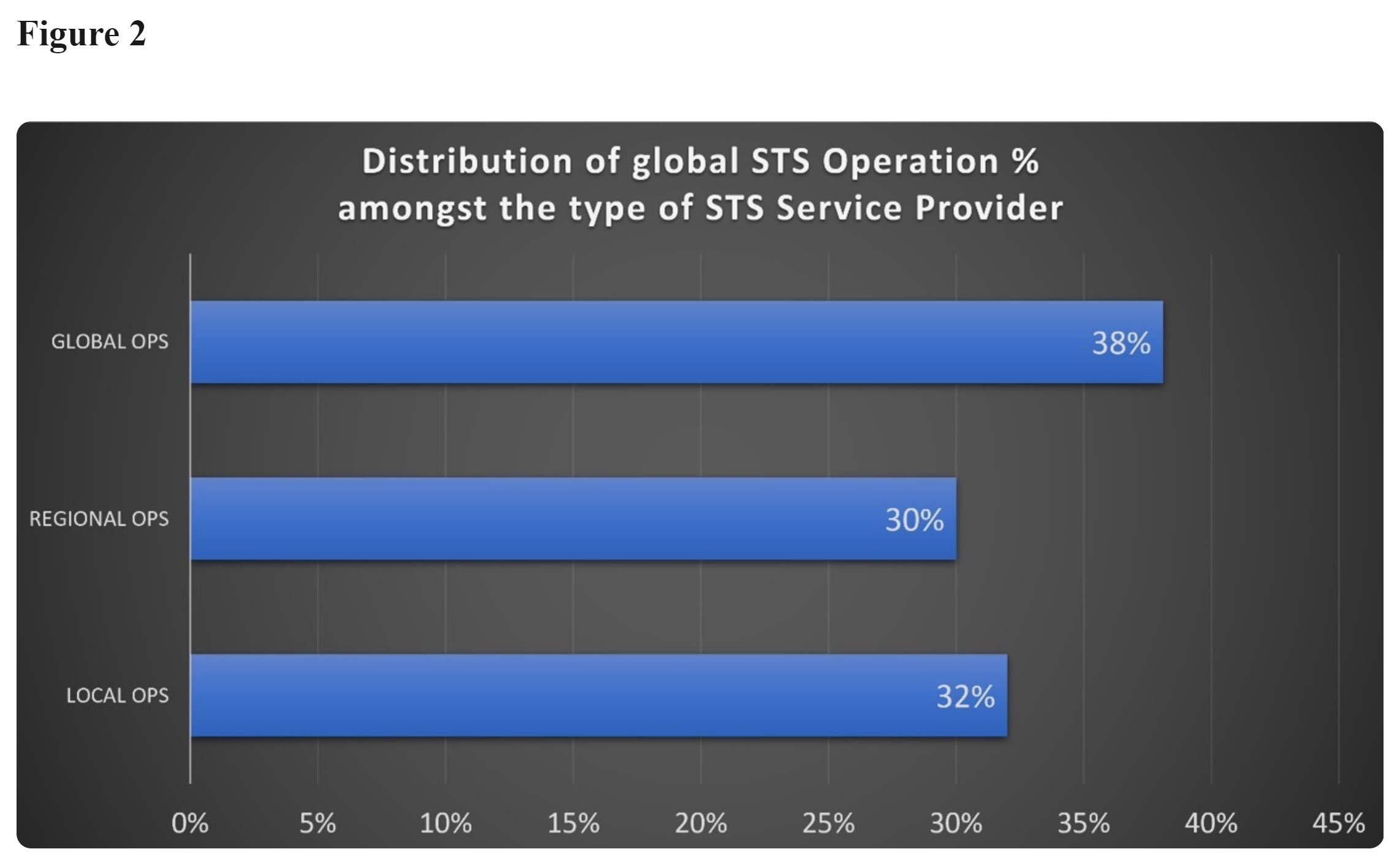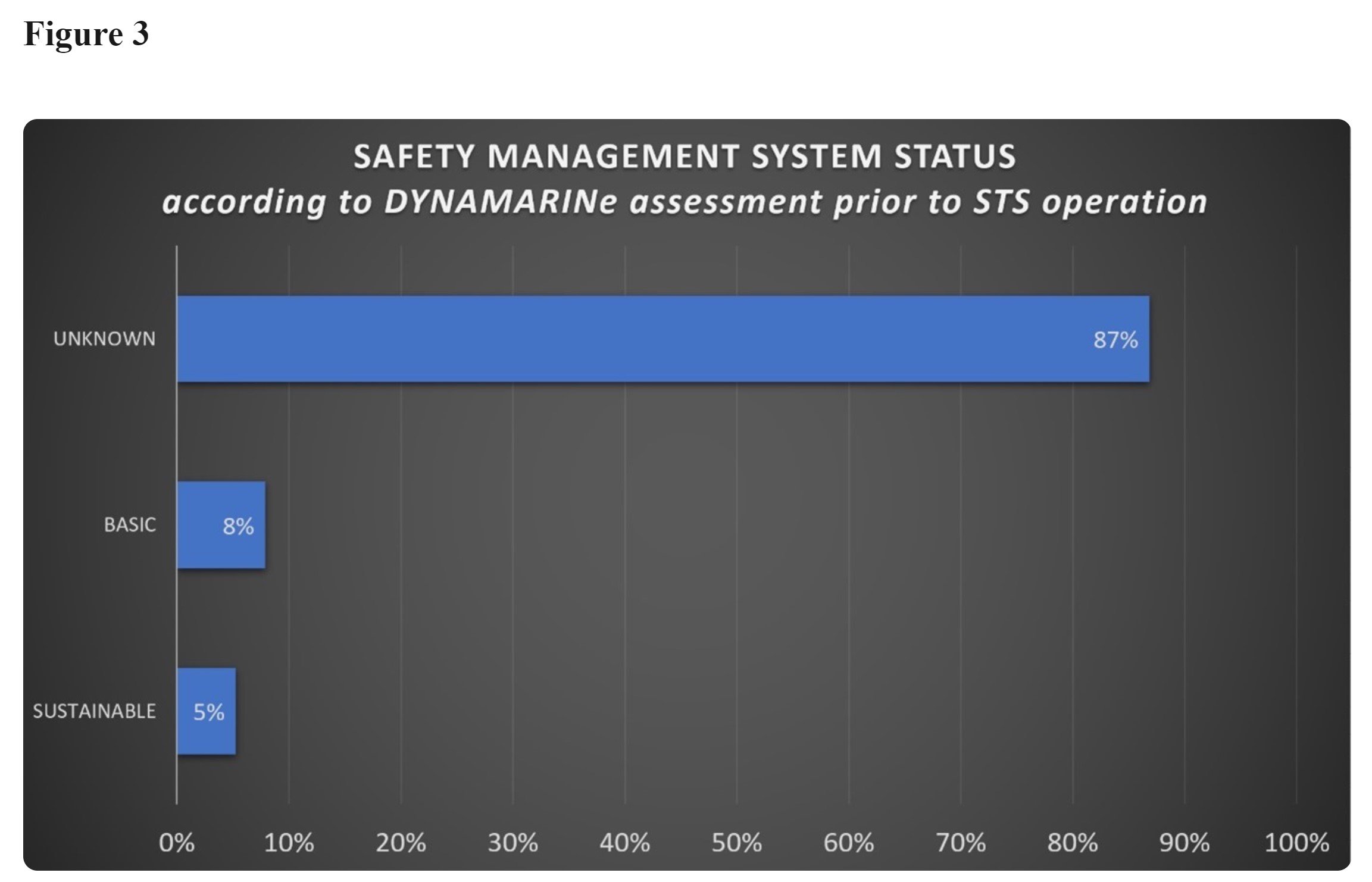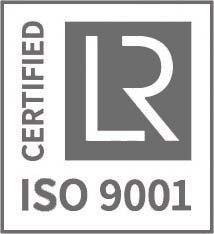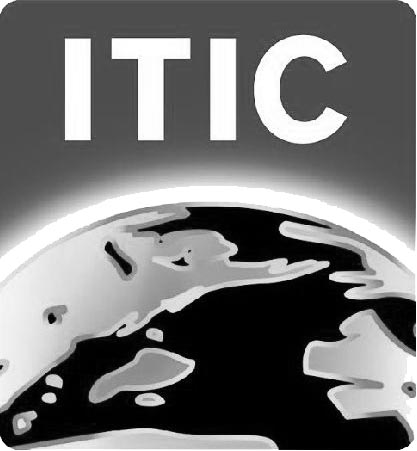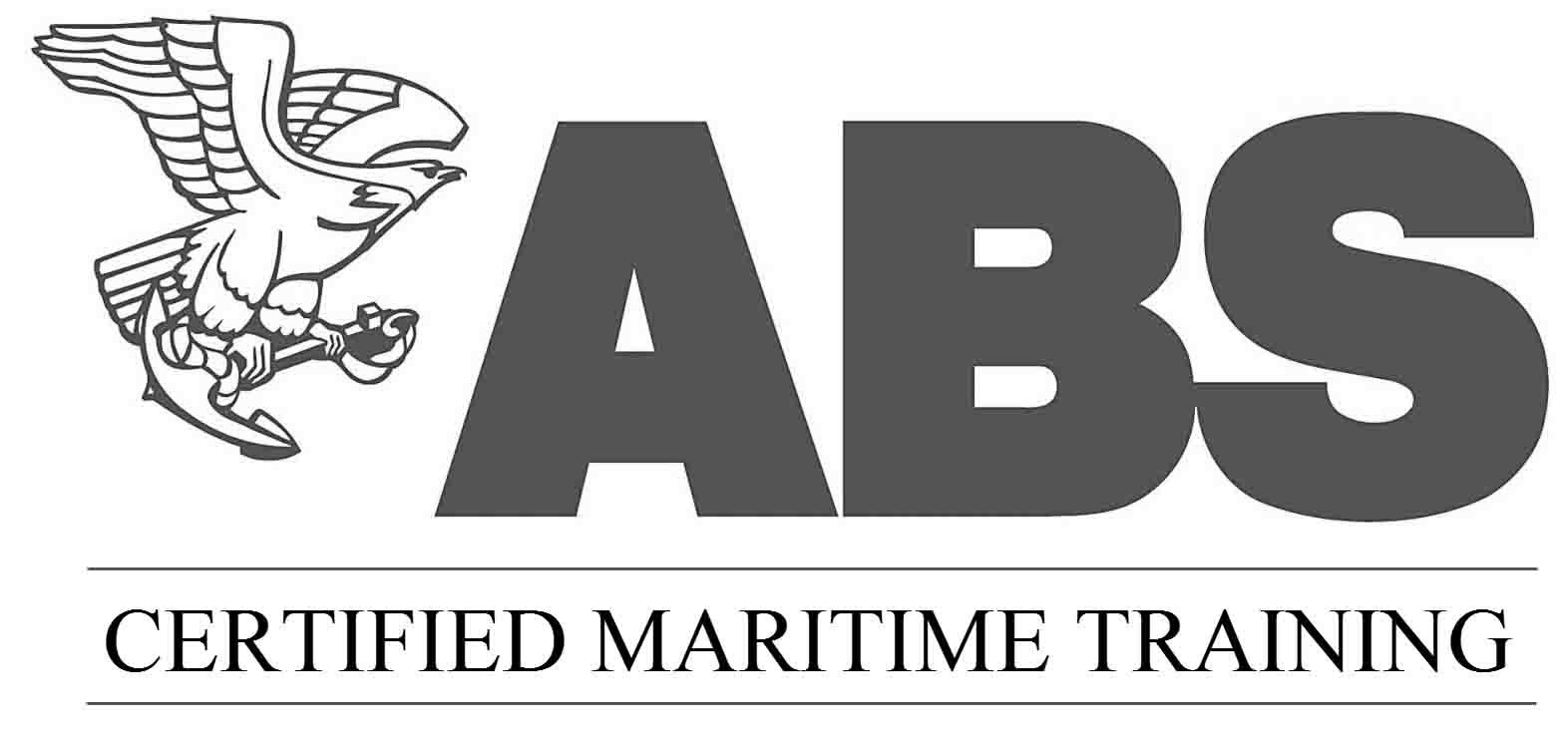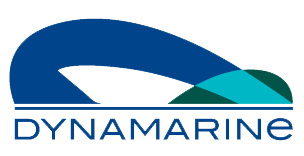Underwriting Risk in STS Operations a Paradox
05-09-2022
|
|
Underwriting Risk in STS Operations a Paradox Alexandros Glykas, DYNAMARINe STS operations are inherently high-risk operations for various reasons. These operations involve multiple parties who may not be familiar with each other and have limited time to prepare for a combined operation. One of the key concerns, as per the relevant C/P (Charter Party) and the latest OCIMF (Oil Companies International Marine Forum) guidelines, is the compatibility of vessels, which must be ensured before conducting an STS operation. However, paradoxically, STS operations inherently involve a sense of incompatibility due to certain factors beyond the shipowner's control. The shipowner is responsible for ensuring safety, even in matters they have limited authority over, such as the risk level associated with the STS service provider or the lifespan of cargo hoses. DYNAMARINe, backed by objective evidence, has raised concerns regarding the transparency of audits conducted on STS service providers and the associated risks. In response to interest from cargo underwriters, DYNAMARINe has been actively working on providing solutions to assist industry stakeholders. This article presents the global market share distribution of STS service providers based on the volume of operations and the sustainability level of their SMS (Safety Management System) system. These parameters offer an assessment of the risks associated with these operations, taking into account that in most cases, the STS service provider supplies the equipment, and the appointed POAC (Personnel Onboard the Accommodation) advises the ship's master accordingly. Figure 1 presents the percentage of STS Service providers with respect to their operational capacity:
One may see that the majority of these organizations are operating locally. The prime characteristic of local STS Service Providers is that they may support a limited number of simultaneous operations and have limited access to technical resources and/or qualified personnel. Such access to resources may improve, when the number of STS Operations increases, and especially when the location becomes competitive.
When considering the safety of STS Operations in the case of local STS Service Providers, the answer is not straightforward. The outcome depends on the safety culture of the provider and the preparedness level of the shipowner, engaged in such operations. Our advice to shipowners is that they should be extremely vigilant when local providers are contracted as they need to scrutinize any available piece of information. Bear in mind that the Shipowner is totally responsible for the Safety of the STS operation When the organization size and capacity increase on an STS Service Provider, then access to resources become easier and possibly more sustainable. It is interesting though, to compare the number of operations conducted by these organizations One would expect that the STS Service Providers with a global profile would undertake the majority of STS Operations. This is not the case as shown in Figure 2. All Global STS providers undertake only 38% of the total STS operations while the rest 62% is undertaken by the Regional and Local providers
It was very impressive to see that the local providers perform about 32% of global STS operations as the market is spread almost evenly to all types of STS Service providers Although the need for STS operations is high, cargo owners will deal with any available STS Service provider. They do not seem to be interested in their availability of resources and past assurance data From a quality perspective, in locations where multiple providers exist, the locals may have an advantage over the price, a fact that inevitably compromises the quality of the service, even for global or regional providers. This fact raises concerns over safety issues A shipowner may ask the following question: which type amongst the STS Service Providers provides a safe service to the shipowner? The answer is not straightforward since it depends on the safety culture of the Provider, his access to resources, the quality standards of the charterer/ cargo owner/ trader, and the number of operations involved. It is common sense that quality standards are dropping with such market criteria over STS Service Providers The majority of STS Service providers claim to have an SMS system which warranties continuous improvement and transparency over the management of operations. DYNAMARINe is involved in the assurance of STS Operations over the last decade and has an opinion, supported by objective evidence, on the quality of STS Service providers. For the scope of this paper, we categorise the SMS (related to Qualitative evidence), from a risk-based perspective. In doing so, we ensure to eliminate any association with commercial issues The following categories are supported in this analysis:
Following figure 3 outlines the percentage of the STS Service providers
As a ship-owning or ship-managing organization, one may question the level of knowledge you have, over the SMS system of the STS Service Provider. When clearing participating vessels, you are aware of the risks that the counter vessel is accepting, since they are similar to those of your vessel. But what about the STS Service Provider? Do you receive a clearance request for those organizations? If the answer is negative, what is the reason? As a shipowner, you still have the liability in case of pollution due to substandard services by STS Service Providers. There is a Paradox here! Cargo underwriters have seen this GAP when insuring cargoes. It is different when the cargo insured originates from a terminal and destinates to another terminal, compared to the case where an STS Operation takes place. In the second case, there is a weak link, which is called "STS Service Provider". Although the cargo owner claims due diligence over the selection of the provider, this case has proved flawed, non-transparent, and falls into subjectiveness due to a conflict of interests Although vessels and ship managers are vetted by OCIMF, as this is deemed to represent quality and transparency, can the same principle apply to STS service Providers? The answer is negative because safety over STS Operations is ensured by the tanker owner and not the Cargo Owner, who appoints the STS Service Provider. With the current market status and applicable contractual relations, only the shipowner can transparently vet/ audit the STS Service Provider. Any other attempt has proved subjective and provides very little assurance to involved parties SIRE 2.0 addresses various issues to the ship owner, related to the due diligence actions needed towards STS Service Providers, through JPO Assessment, Equipment Certification, Weather criteria, review of the location-based risk assessment, etc DYNAMARINe has published a SIRE 2.0 GAP Assessment, to support its clients to be proactive. Should you be interested in further information, please feel free to contact us at info@dynamarine.com For further information please feel free to contact DYNAMARINe at info@dynamarine.com |
DYNAMARINe Team
2 ARKADIAS AND 125 GOUNARI STR, Glyfada 16561, Greece, T:+65 31590353, +302109628379, E:info@dynamarine.com
